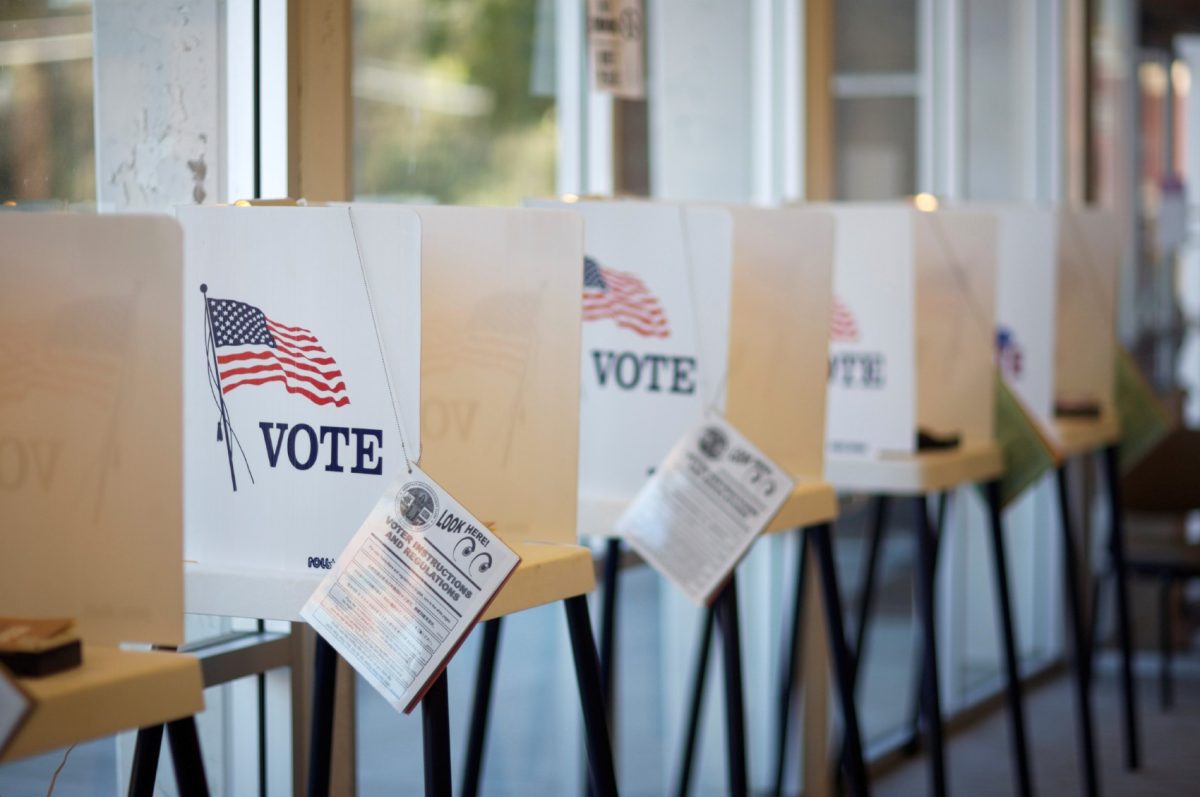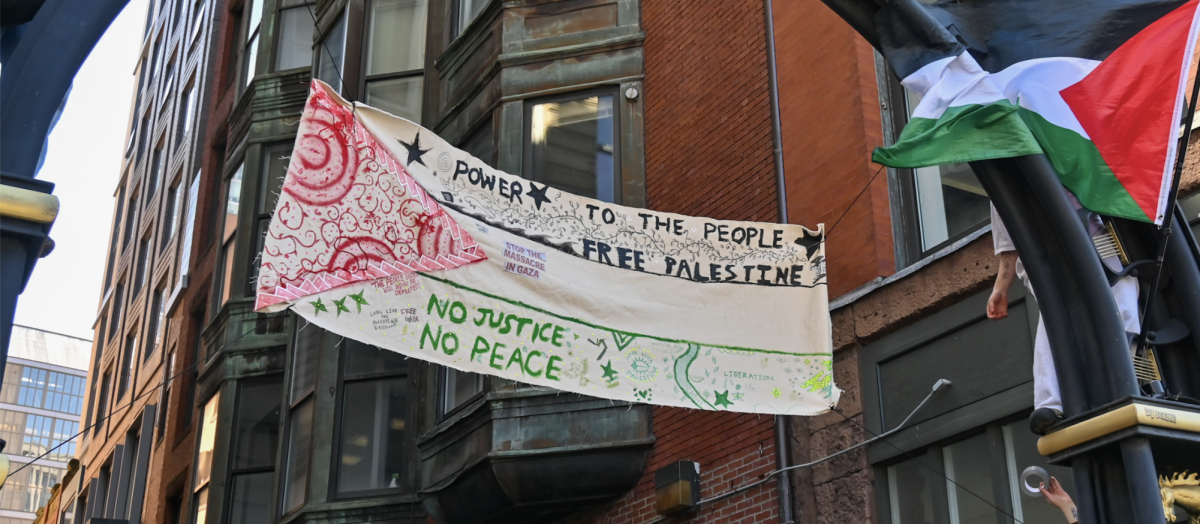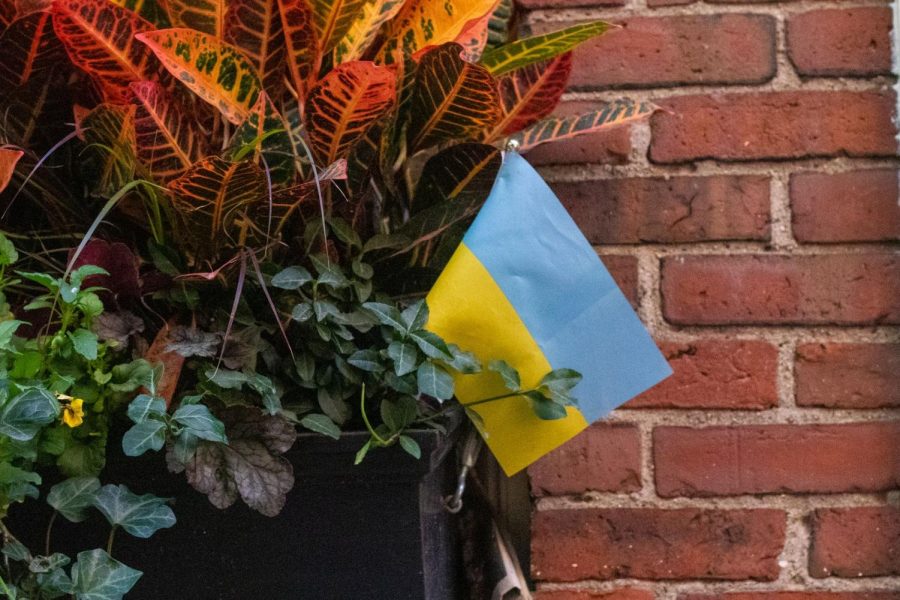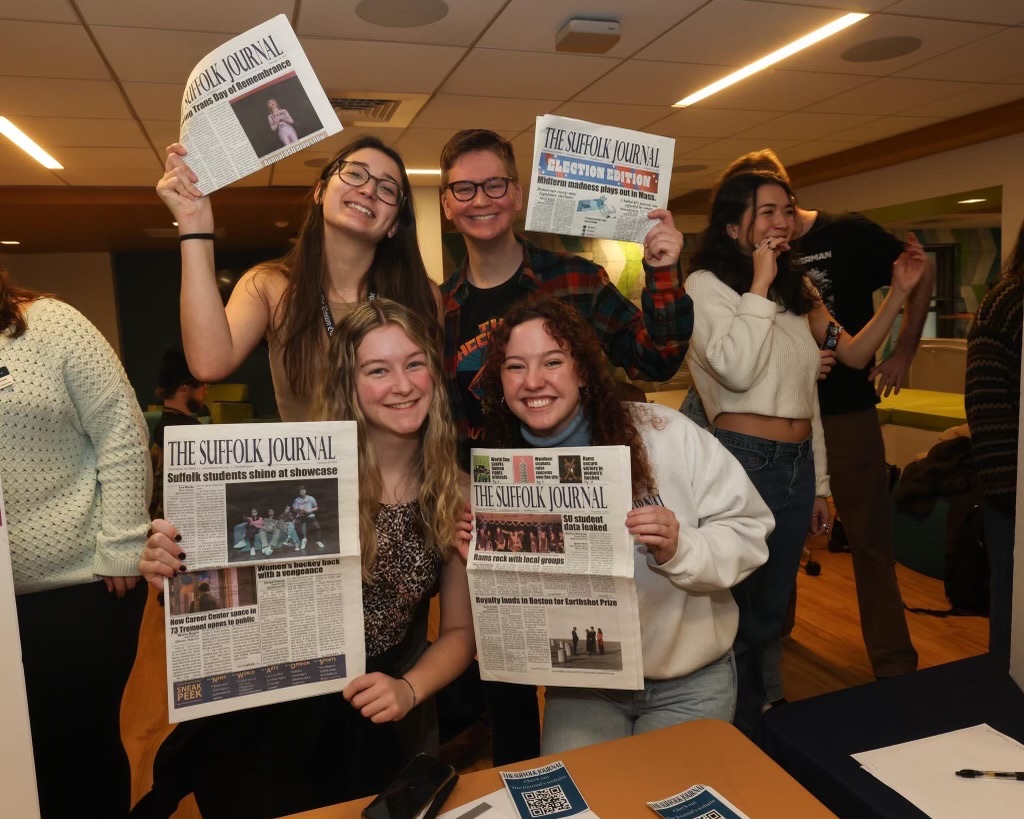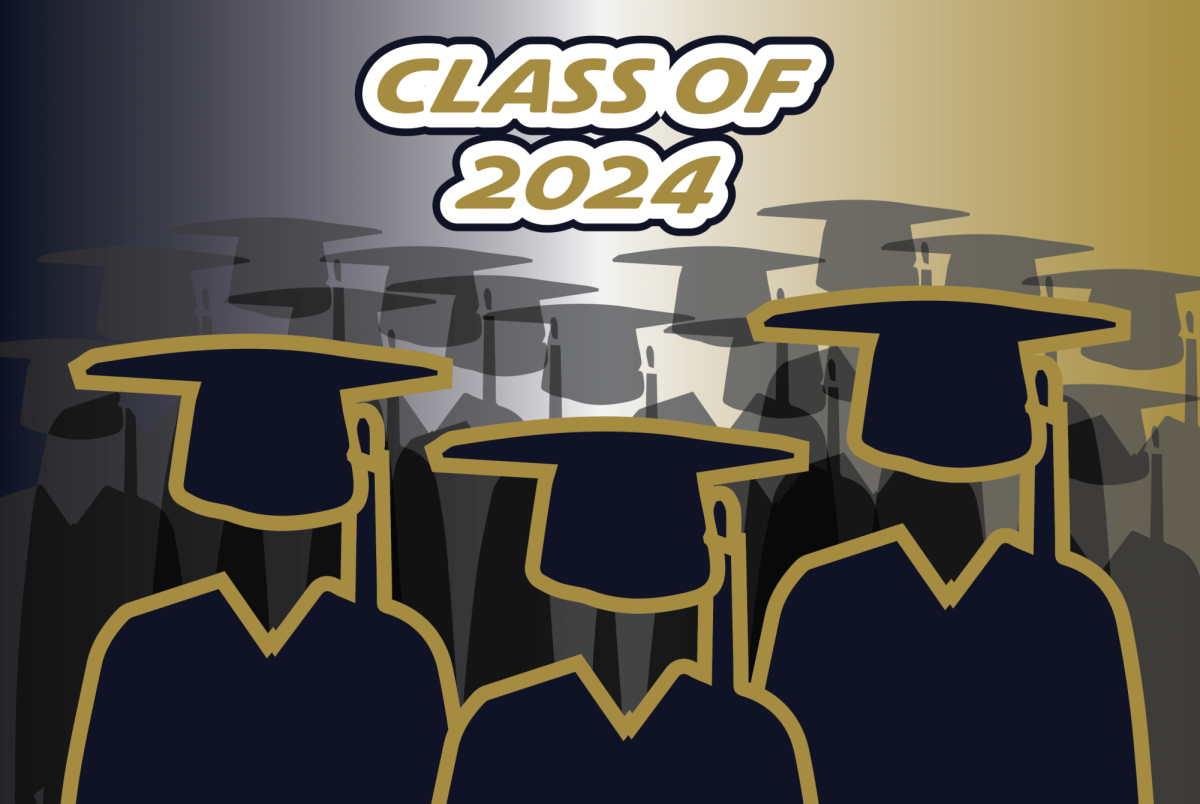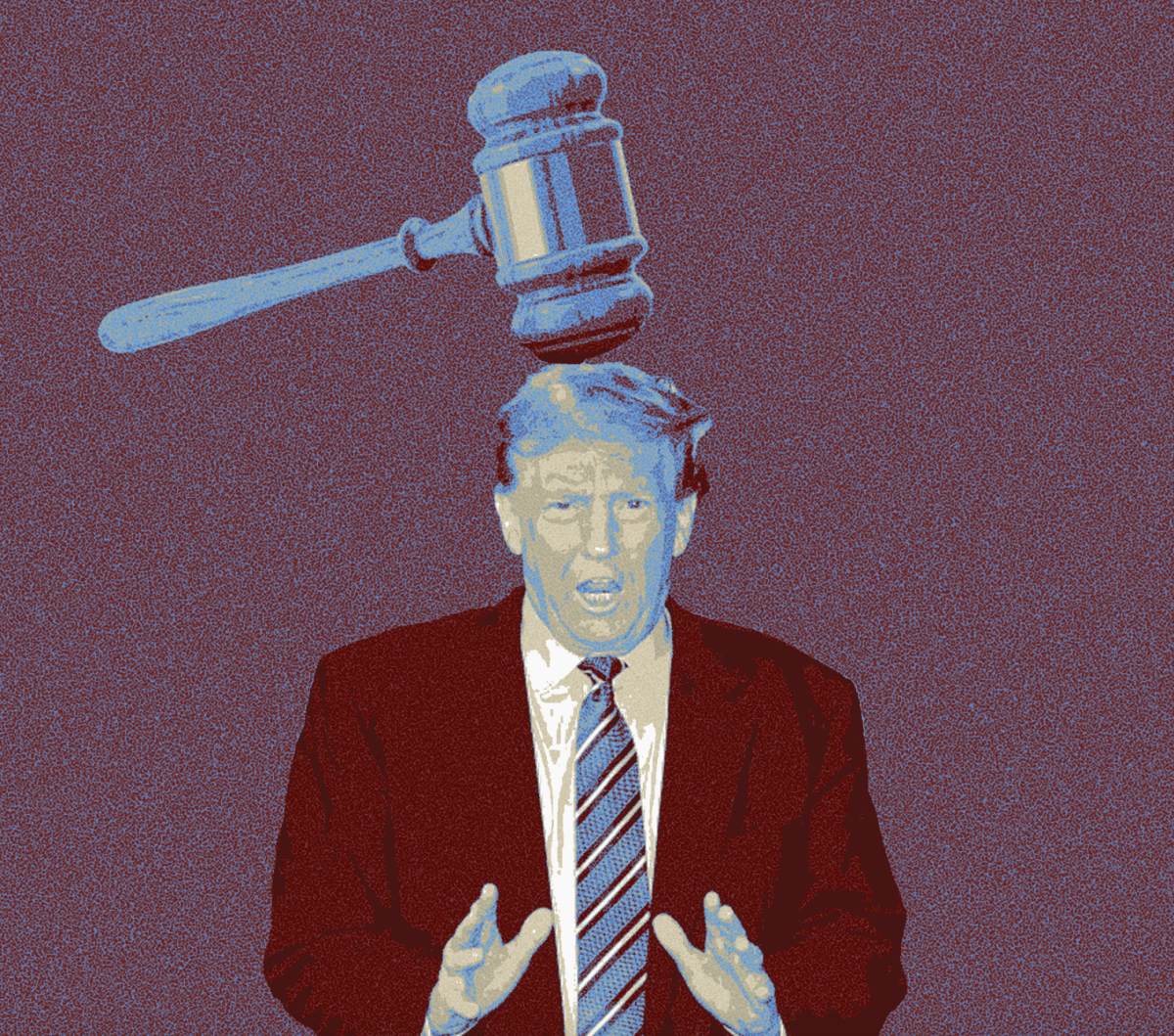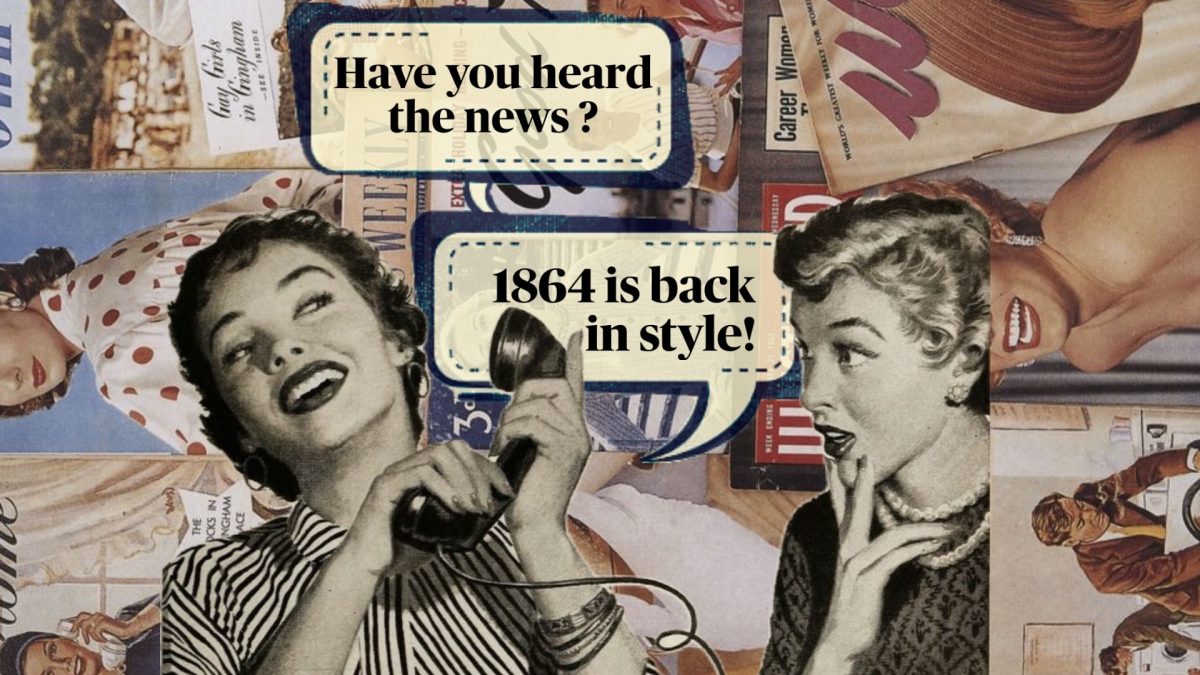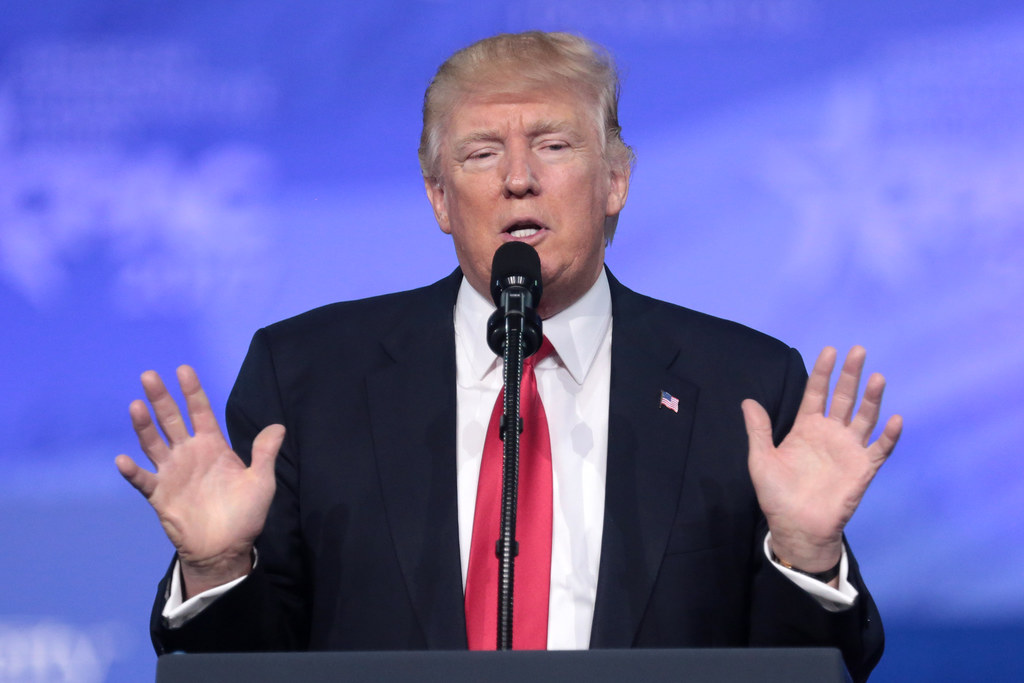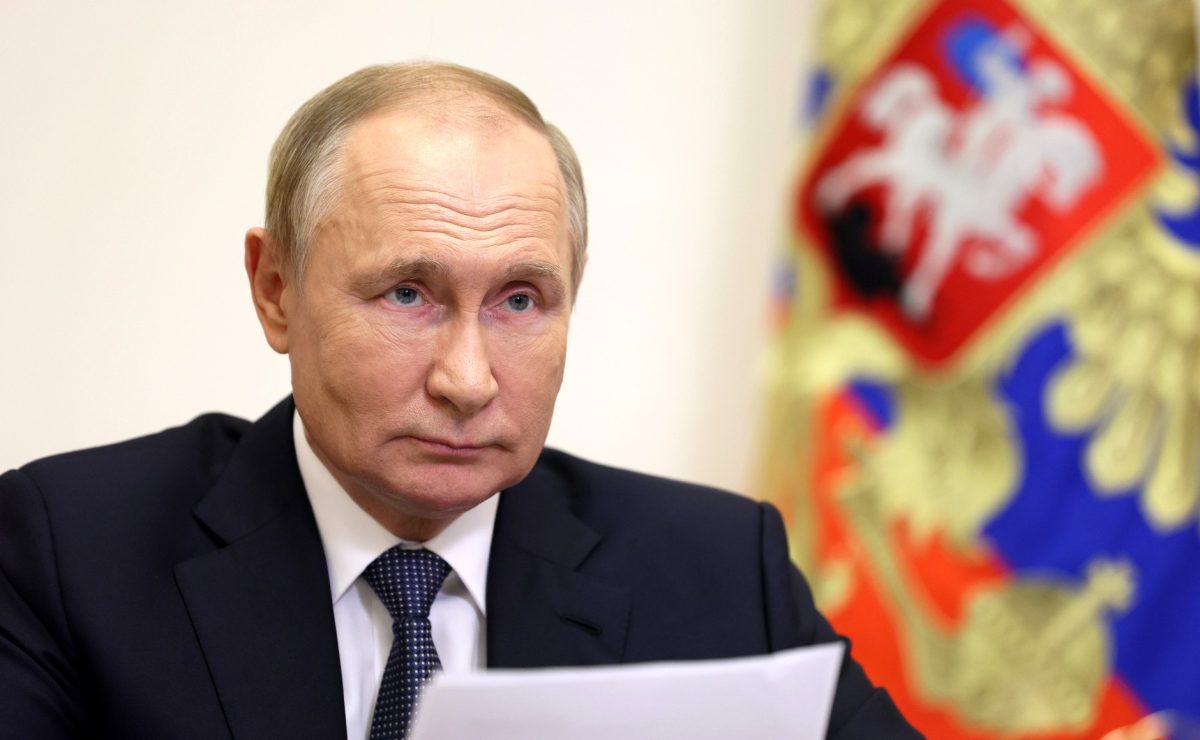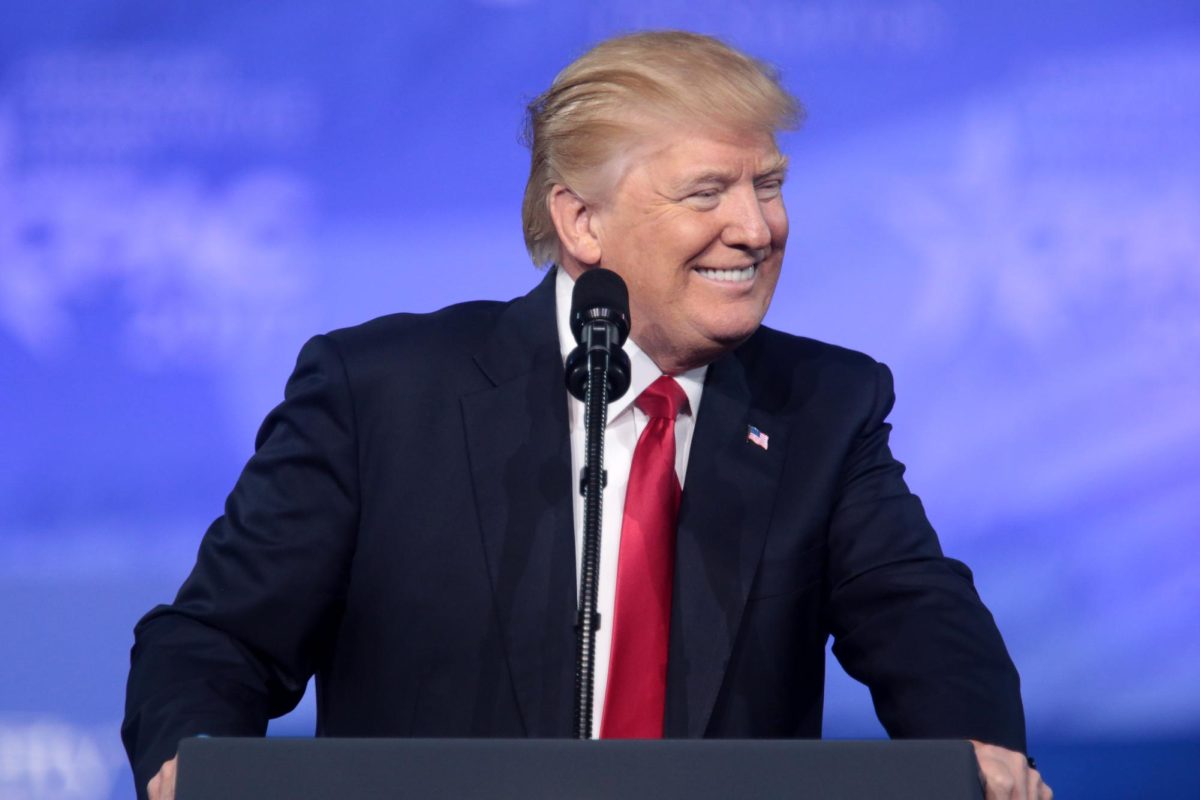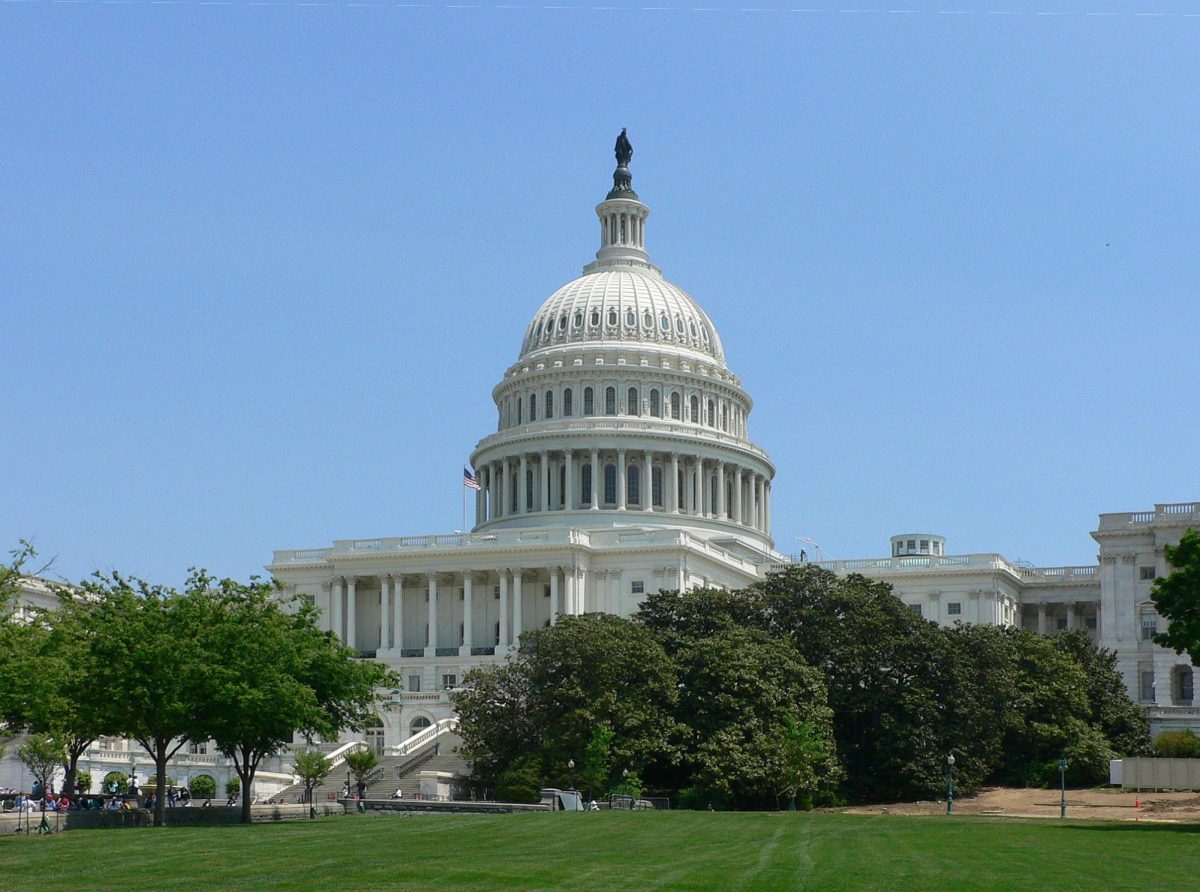Every four years, Americans head to the voting booth to cast their votes for the president of the United States. While Americans believe they are voting for the president, it is actually the Electoral College that votes. Some despise the Electoral College, but it is undoubtedly the best system the U.S. could possibly use.
At the Constitutional Convention in 1787, the founders of the U.S. created the Electoral College out of compromise. Some believed that the U.S. should have relied on a direct democratic model, with elections being determined by a popular vote. Critics of this proposal realized the danger of mob rule. Mob rule is often seen as “the rule of government by a mob or mass of people and the intimidation of legitimate authorities”. Additionally, the founders also acknowledged that the vast majority of people did not have the resources to be appropriately informed about the issues.
Almost 250 years later, humanity has more access to technology and information than ever before, but voters are still just as misinformed about a variety of issues.
Having debated all of these issues, the founders came to a compromise and created the Electoral College. Under the Electoral College, electors would be appointed by states in order to prevent corruption between branches of government, and the number of electors a state receives would be contingent on the population of each state.
While the Electoral College was, and still is, the best possible system for electing the president of the U.S., 65% of adults believe the popular vote should determine the presidency. This idea is dangerous and should be avoided at all costs.
The U.S. is far too diverse in a multitude of ways to simply leave elections to be decided by densely populated cities like Los Angeles and New York. While it is true that more densely-populated states carry more weight in the Electoral College, the current model is the most fair model for all candidates. Not every state with a major blue city will be a Democrat state in the Electoral College, the same way that a state with a major Red city would go to Republicans. Cities do not determine the outcome of a presidential election, states do as a whole. Popular votes are, as our founders suggested, mob rule. If political candidates only campaigned in such a way to appeal to voters in cities, our suburban and rural communities would cease to exist.
For example, states with economies that revolve around agriculture tend to be less populated. However, they contribute hundreds of billions of dollars each year to the United States economy. Voters in big cities may not care about the same issues as voters in rural America, and it is important these voters have their voices heard.
The Electoral College does not allow voters to directly elect the president themselves, but it ensures their voices are heard in a different way. This country is too large for a popular vote to be the best solution.
Under the current model, presidential hopefuls travel across the country to connect with voters and learn about the issues that matter the most. All the way from New Hampshire to South Carolina, Michigan or Ohio, candidates are forced to appeal to a wider variety of voters than they would need to under a popular vote model.
Under the popular vote model, cities with higher populations would essentially control our nation’s presidency. Instead of traveling all over the country and ensuring all sorts of Americans from all different walks of life had their voices heard, candidates would likely only travel to big cities to campaign. It is safe to say states in the Midwest would likely be left for dead, and coastal cities would run the show.
As the president of the United States, the commander-in-chief needs to have an understanding of the country that they preside over, and a presidential campaign often gives Americans a look at how candidates would handle key issues. If massive parts of the country are simply ignored during a campaign, Americans can not trust their “leaders” to start caring when they take office.
The vast majority of politicians do not actually care about the issues that concern Americans, so we should not create an electoral system that rewards them for less work on the campaign trail.
Politicians are only motivated by their quests for money and power and only seek election, re-election and election to a higher office. By making it difficult for a president to win an election, Americans can rest assured knowing that candidates will do their best to be as transparent and genuine as possible, in order to ensure they are able to win their elections.


